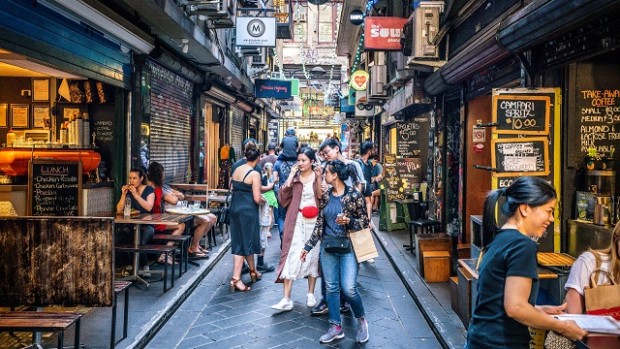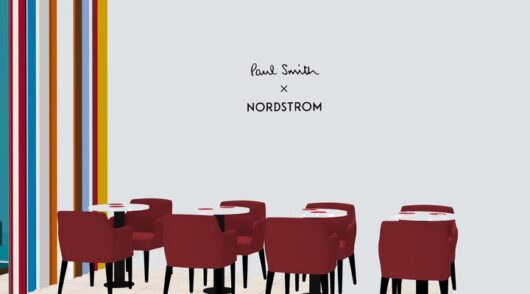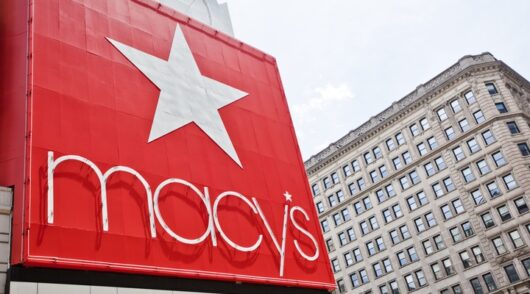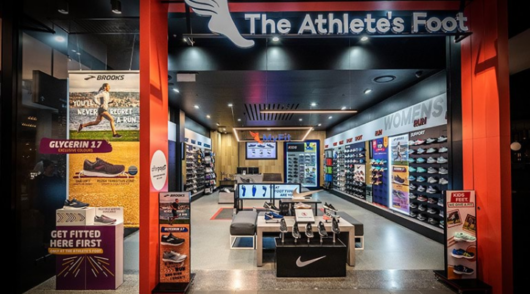
Prime Minister Scott Morrison on Wednesday announced a new ban on non-essential indoor gatherings of more than 100 people and told people not to travel overseas in an effort to stop the spread of the novel coronavirus, COVID-19.
The ban does not apply to supermarkets, food markets, grocery shops, retail outlets and shopping centres, and major hubs like Bourke Street Mall in Melbourne are still open. But industry leaders still expect the measures to hurt retailers, many of which are already experiencing a sharp drop-off in sales.
People will avoid stores, despite exemptions
Russell Zimmerman, the outgoing executive director of the Australian Retailers’ Association (ARA), believes the ban will cause people to avoid stores and shopping centres, even though they are not required to do so.
“The government is trying to limit the amount of contact people have [with others], and obviously this makes people concerned,” he told Inside Retail.
Roy Morgan’s latest Australia and New Zealand consumer confidence poll, which is conducted weekly, showed confidence remains at its lowest level since 2009.
“Last week, retailers [were] telling us that trade had slowed quite dramatically, but this week, we’ve heard it has slowed even further. I’m talking about discretionary spend, not supermarkets or pharmacies,” Zimmerman said.
Chief executive of the National Retail Association Dominique Lamb told Inside Retail that foot traffic had dropped significantly in stores and shopping centres around the country, and is likely to drop even further following the new ban.
“I think this 100-person restriction is likely to change consumer behaviour further,” she said.
“People will be trying to keep their distance from other people despite the exemptions.”
Head-office workers, buyers to be impacted, too
Lamb also noted that many retailers are seeing a sharp uptick in remote working, and some retailers are asking all head-office staff to work from home, even though offices are also exempt from the 100-person limit on indoor gatherings.
“Managing that can be difficult…maintaining productivity,” she said.
At the same time, those who work in buying and sourcing will be impacted by the government’s stance on international travel.
While the prime minister has not gone so far as to ban international travel outright, he urged Australians not to leave the country and warned they may not be able to reenter if they choose to do so.
Virgin has suspended all international flights and Qantas has cancelled 90 per cent of its international flights.
Some retailers won’t survive the slowdown
Zimmerman said no one could predict whether retailers will go out of business due to the crowd restrictions, but he acknowledged that the sector is going through a lot of pain.
“Retailers have got a number of things to think about. They’ve got stock to pay for, wages and rent,” he said.
“Wages you can control to some degree, but […] how can we support each other [on] retail rents? I’m talking about landlords across the board – large and small – how can they support their tenants?”
Zimmerman said everyone needs to work together to get through this unprecedented situation.
“I don’t want to be a scaremonger,” he said.
“Have I laid awake thinking about this for the last three or four nights? Yes I have.”





